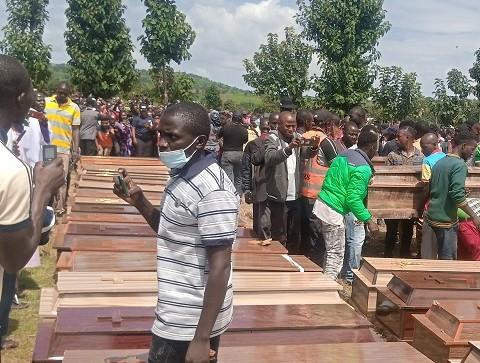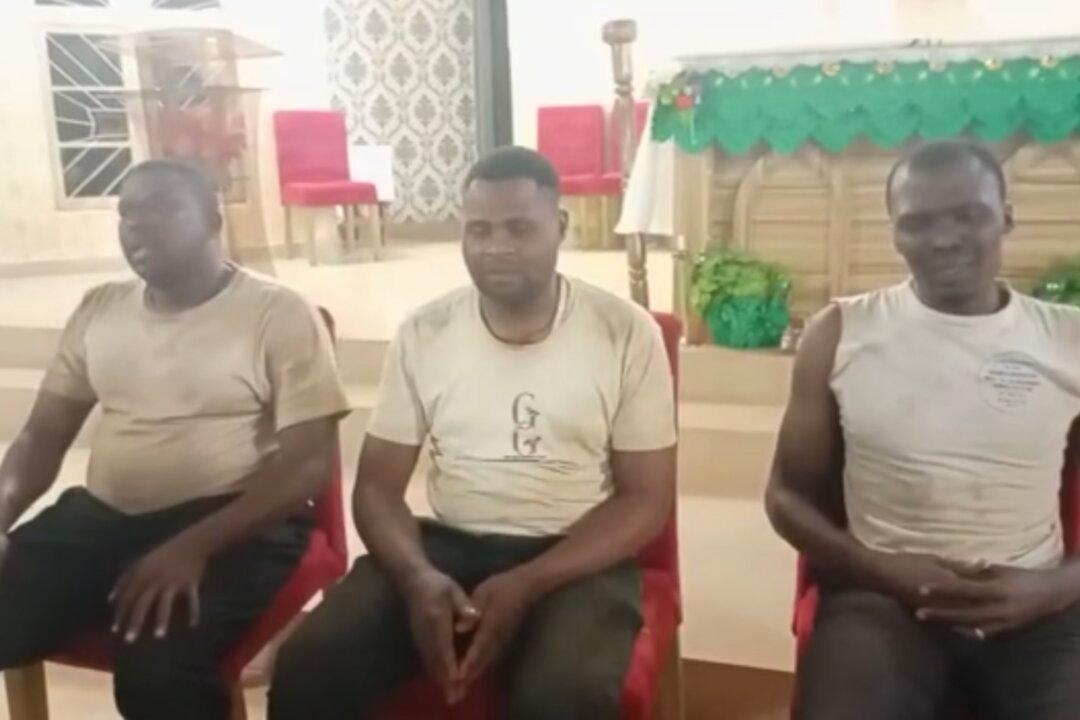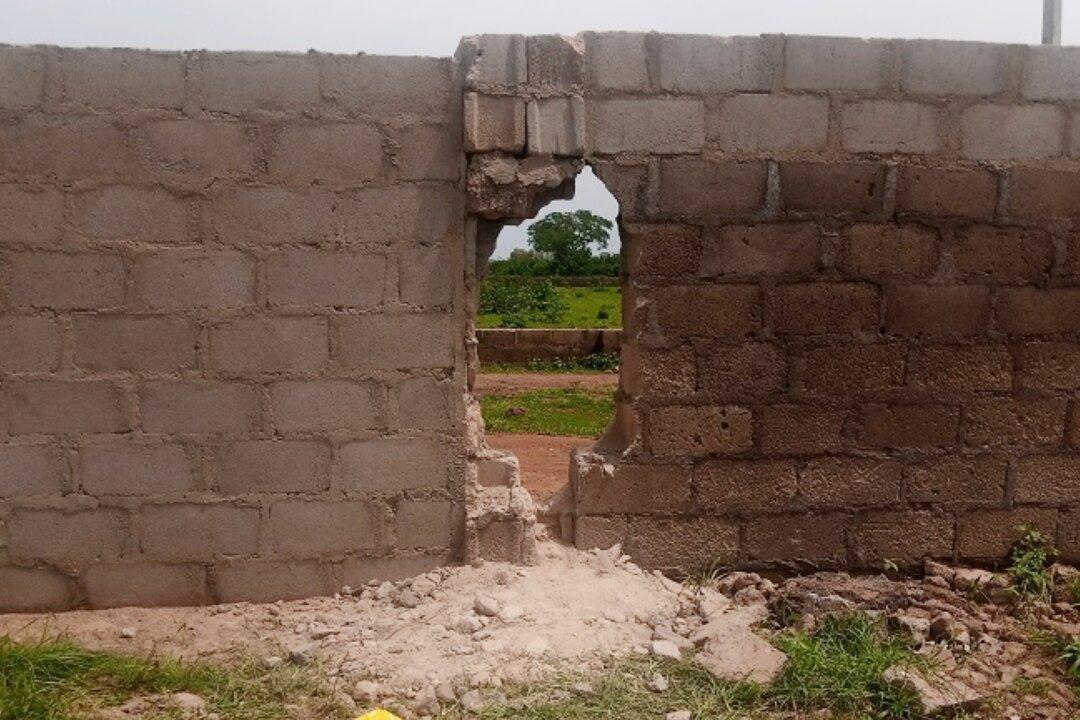KADUNA – Having mowed down large swaths of ripe crops in the predawn of Aug. 3, armed assailants stormed into four villages in Southern Kaduna state, central Nigeria, killing 22 and burning down 134 houses, according to Kaduna State Police.
Kaduna State shares a border with Plateau State to its east. The area inhabited by the Chawai Chiefdom is approximately 140 miles east of Kaduna, the capital city of Kaduna state.





